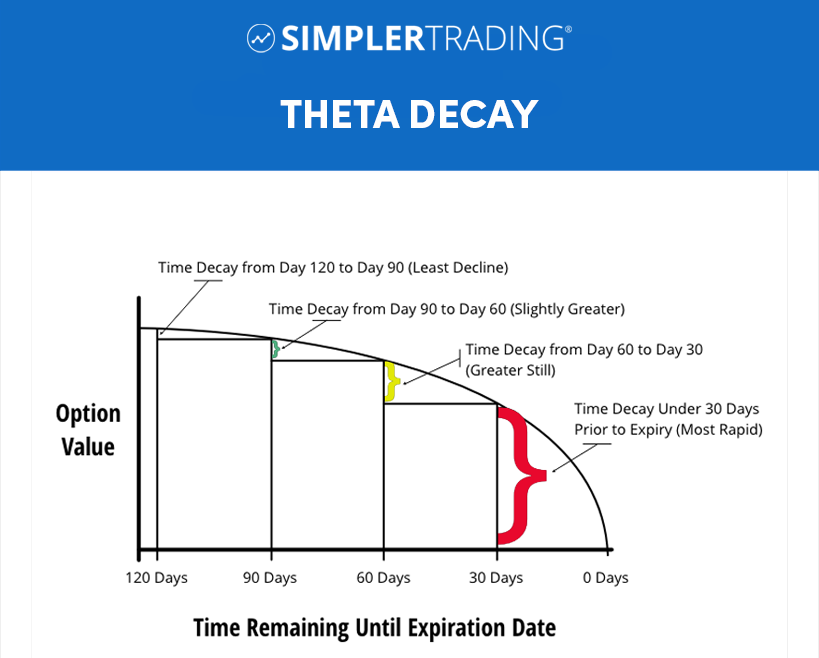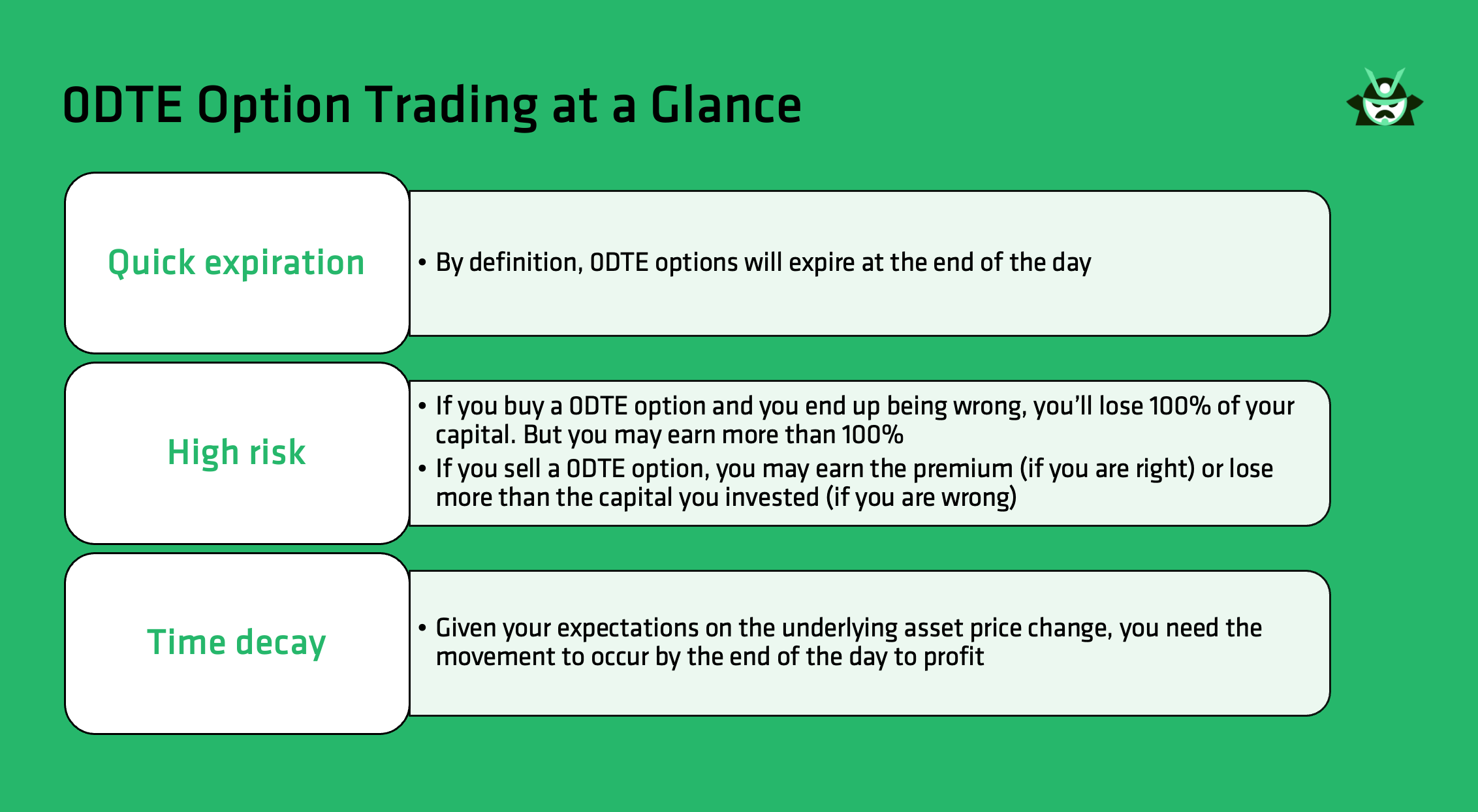Did you know that some traders treat option expiration dates like a first date—excited but nervous about what might happen next? Understanding option expiration dates is crucial for day trading success, as they significantly impact trading strategies, pricing, and risk management. This article delves into the essentials of option expiration—covering what they are, how they influence trading decisions, common expiration timelines, and the differences between weekly and monthly options. You'll also learn how to effectively evaluate expiration dates and manage risks, ensuring you navigate the fast-paced world of day trading with confidence. With insights from DayTradingBusiness, you'll be better equipped to make informed choices in your trading journey.
What are option expiration dates in day trading?
Option expiration dates in day trading refer to the specific dates when options contracts become void and can no longer be exercised. These dates are critical for traders as they determine the timeline for potential gains or losses. Typically, options expire on the third Friday of the expiration month, but some options have weekly expirations. Traders monitor these dates closely because they can lead to increased volatility and price movement as traders adjust their positions ahead of expiration. Understanding these dates helps day traders make informed decisions about entering or exiting trades, managing risks, and capitalizing on price fluctuations.
How do option expiration dates affect trading strategies?
Option expiration dates can significantly impact trading strategies by influencing volatility, liquidity, and price movements. Traders often focus on near-term expirations to capitalize on rapid price changes. As expiration approaches, options can experience time decay, affecting their premium and presenting opportunities for selling strategies like covered calls or cash-secured puts. Additionally, traders may use expiration dates to identify key support and resistance levels, adjusting their trades accordingly. Overall, understanding expiration dates helps traders optimize entry and exit points, manage risk, and enhance potential profits.
When do stock options typically expire?
Stock options typically expire on the third Friday of the expiration month. If you're day trading, keep an eye on expiration dates, as they can impact volatility and pricing. Always check specific options for any variations.
Why is understanding expiration dates crucial for day traders?
Understanding expiration dates is crucial for day traders because they determine the timeframe for options profitability. Knowing when options expire helps traders make timely decisions, manage risk, and capitalize on price movements. Expiration dates can lead to increased volatility, affecting option premiums. Traders must align their strategies with these dates to optimize returns and avoid losses from options becoming worthless.
What types of options have different expiration dates?
In day trading, you'll encounter several types of options with different expiration dates:
1. Standard Options: Typically expire on the third Friday of the month.
2. Weekly Options: Expire every Friday, offering more flexibility.
3. Quarterly Options: Expire at the end of each quarter, useful for longer-term strategies.
4. LEAPS (Long-Term Equity Anticipation Securities): Expire up to three years out, ideal for long-term positions.
Each type allows traders to tailor their strategies based on market conditions and risk tolerance.
How can I find the expiration date of an option?
To find the expiration date of an option, check the option chain on your trading platform. Look for the specific option's listing, where expiration dates are usually displayed alongside strike prices. You can also visit financial websites like Yahoo Finance or MarketWatch, enter the underlying asset, and navigate to the options section for detailed expiration information. If you're using a brokerage app, they often provide a calendar view of upcoming expirations.
What is the impact of expiration dates on option pricing?

Expiration dates significantly affect option pricing by influencing time value and volatility. As expiration approaches, time value decreases, leading to a phenomenon known as time decay. Options that are out-of-the-money lose value faster as they near expiration, while in-the-money options retain some intrinsic value. Additionally, implied volatility can fluctuate, impacting premiums. For day trading, understanding these dynamics helps traders capitalize on rapid price movements and select optimal expiration dates for maximizing profits.
How do weekly options differ from monthly options in expiration?
Weekly options expire every Friday, while monthly options expire on the third Friday of each month. This means weekly options have a shorter time frame, allowing for more frequent trading opportunities. Monthly options provide a longer duration for strategies, often appealing for those looking to hold positions longer. The quicker expiration of weekly options can lead to higher volatility and potential for rapid gains or losses compared to the steadier movement of monthly options.
What should I consider when choosing an expiration date?
When choosing an expiration date for day trading options, consider the following:
1. Market Volatility: Shorter expiration dates can benefit from quick price movements. Analyze current market conditions.
2. Time Decay: Options lose value as expiration approaches. Balance potential gains against the risk of losing value quickly.
3. Strategy Alignment: Align the expiration with your trading strategy. If you're looking for quick profits, shorter dates are preferable.
4. Liquidity: Check the volume and open interest for options. More liquidity means tighter spreads and better execution.
5. Event Timing: Be aware of upcoming earnings reports, economic data releases, or geopolitical events that could impact price movements.
6. Personal Risk Tolerance: Choose an expiration date that matches your risk appetite and trading style.
Focus on these factors to make informed decisions on expiration dates.
How does time decay influence options near expiration?
Time decay, or theta, significantly impacts options as they near expiration. As the expiration date approaches, the extrinsic value of an option decreases rapidly. This means that out-of-the-money options lose value faster, while in-the-money options retain some intrinsic value but still experience decay. Day traders must be aware of this effect; if a position isn't moving in their favor quickly, the time decay can erode potential profits. In summary, options near expiration can become less favorable due to accelerated time decay, making timing critical for day trading strategies.
Can I trade options after the expiration date?
No, you cannot trade options after the expiration date. Once options expire, they are no longer valid, and any remaining value becomes zero. If you want to trade options, you must do so before they expire.
What strategies work best with short-term expiration dates?
For day trading with short-term expiration dates, focus on these strategies:
1. Scalping: Execute quick trades to capitalize on small price movements. Look for high volatility and rapid changes.
2. Momentum Trading: Identify stocks with strong momentum. Buy when they are trending upwards and sell quickly for profit.
3. News-Based Trading: Monitor news and earnings reports. Trade options before significant announcements for potential quick gains.
4. Straddles and Strangles: Use these strategies to profit from significant price movements, regardless of direction, especially before events that may cause volatility.
5. Technical Analysis: Rely on charts and indicators for entry and exit points. Short-term patterns can provide insights into immediate price movements.
6. Limit Orders: Use limit orders to control entry and exit prices, ensuring you don’t miss out on trades due to rapid price changes.
7. Risk Management: Set strict stop-loss orders to minimize losses. Protect your capital, as short-term trades can be unpredictable.
Implement these strategies to maximize your potential gains with options that have short-term expiration dates.
How Do Option Expiration Dates Affect Day Trading Strategies?
Evaluating option expiration dates for day trading involves selecting options that expire within a week for optimal liquidity and price movement. Focus on weekly options, as they tend to have higher volume and tighter spreads. Analyze the underlying asset's volatility and market conditions to determine the best expiration date that aligns with your trading strategy.
Learn more about: Understanding Options in Day Trading
How do market events affect options as they approach expiration?
Market events can significantly impact options as they approach expiration. High volatility from earnings reports, economic data releases, or geopolitical news can increase option premiums due to heightened uncertainty. Conversely, if the market stabilizes, implied volatility may decrease, leading to reduced option values.
As expiration nears, time decay accelerates, meaning options lose value quicker if they are out-of-the-money. Traders need to monitor the underlying asset's price movement closely, as sharp price shifts can affect how options are priced. In day trading, timing and awareness of these market events are crucial for maximizing profits or minimizing losses.
What are the risks of trading options close to expiration?

Trading options close to expiration carries several risks. First, time decay accelerates, eroding the option's value rapidly. Second, price movement becomes more unpredictable, increasing volatility. Third, liquidity can decrease, making it harder to enter or exit positions. Lastly, there's a higher chance of the option expiring worthless if the underlying asset doesn't move favorably.
How can I use expiration dates to manage risk in day trading?
Use expiration dates to manage risk in day trading by focusing on short-term options, typically with a few days to a week until expiration. Monitor implied volatility; options close to expiration often have higher volatility, which can increase potential gains but also risk. Plan trades around key market events that can affect prices before expiration. Use strategies like selling options to benefit from time decay, knowing the risk of rapid price moves as expiration approaches. Always set stop-loss orders to limit potential losses when trading near expiration dates.
What tools can help me evaluate option expiration dates effectively?
To evaluate option expiration dates effectively for day trading, use these tools:
1. Brokerage Platforms: Most brokerages like TD Ameritrade or E*TRADE offer built-in tools for tracking expiration dates and managing options.
2. Options Analysis Software: Tools like OptionsXpress or Thinkorswim provide advanced analytics, including expiration calendars.
3. Market Data Websites: Sites like Yahoo Finance and Barchart show expiration dates and relevant market data for options.
4. Options Chains: Accessing options chains on your brokerage platform gives you a clear view of expiration dates alongside strike prices.
5. Calendars and Alerts: Set up calendar reminders or alerts for key expiration dates to stay organized.
Use these resources to stay informed and make timely trading decisions.
Conclusion about Evaluating Option Expiration Dates for Day Trading
Understanding option expiration dates is essential for effective day trading. These dates influence your trading strategies, risk management, and potential profitability. By knowing when options expire and how they affect pricing and market behavior, you can make informed decisions that align with your trading goals. Utilizing tools to evaluate expiration dates can enhance your strategy and help mitigate risks. For traders looking to optimize their performance, leveraging insights from DayTradingBusiness can provide valuable guidance in navigating the complexities of options trading.
Sources:
- Stock price clustering on option expiration dates - ScienceDirect
- Error analysis of finite difference scheme for American option pricing ...
- Deep Learning for Options Trading: An End-To-End Approach
- A note on the impact of options on stock return volatility - ScienceDirect
- Bank Holding Company Supervision Manual, Section 2130-2260 ...
- OMB No. 7100-0341 Expiration Date: August 31, 2024 Instructions ...